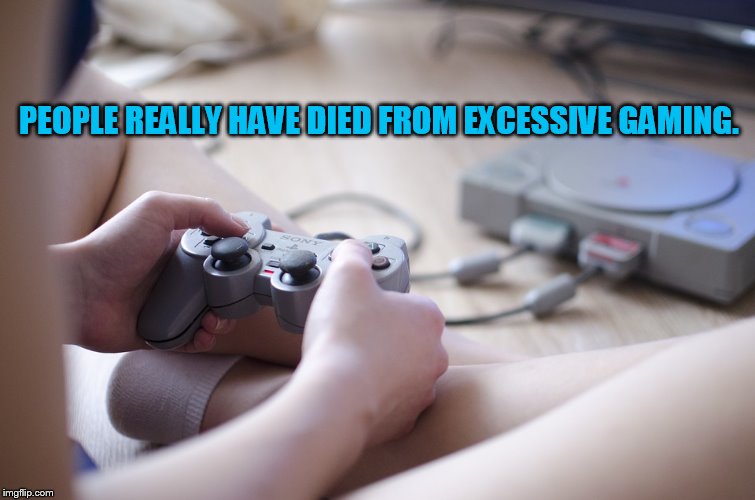 By B.N. Frank
By B.N. Frank
Are some addictions more harmful than others? Does it seem like the answer depends on who you ask and when?
GenXers and Baby Boomers watched one of our most celebrated pop singers and drummers, Karen Carpenter, develop a then little known eating disorder called anorexia nervosa. She eventually sought treatment but it wasn’t soon enough to save her life. Beloved character Sam Malone on popular TV series Cheers was a recovering alcoholic who became a sex addict. His 24/7 quest for sex didn’t seem to be taken as seriously by him or anyone else until late in the series.
I was a teenager in the ’80s. There was a popular saying back then: “You can’t be too rich or too thin.” I knew plenty of girls who had eating disorders. Some were diagnosed and received medical treatment for this, although most did not. While I was in high school, two girls were hospitalized for anorexia and one almost died. I also knew girls who were obsessed with exercising and tanning. There was a competitive nature to being very tan, very toned and of course, very thin. It was hard to know where to draw the line when most girls subscribed to this mentality. Eventually over-tanning and over-exercising were also given addiction status too – especially as we all became more aware of how excessive sun exposure could cause deadly skin cancer.
Recently I found myself watching a 2006 episode of Boston Legal where a 15-year-old boy dies from excessive video gaming. His mother decides to sue the video game company for making addictive games. A psychologist testifies that he had been hired to help the company create games that were addictive. I knew psychologists were being hired now for this – but I didn’t know it was also going on 12+ years ago.
When looking up links for the Boston Legal episode, I found a website about video game addiction that referenced real deaths caused by excessive video gaming:
Several countries have taken the step of opening treatment centers to deal with the problem of a video game addict. These countries include the United States, Canada, South Korea, the Netherlands, and China. Due to research into gaming habits being relatively new, there is not much information on excessive gaming treatment available. Effective treatments for a video game addiction appear to be similar to those of other addictions. Treatments can include psychotherapy, psychopharmacology, and possibly other means. Because issues with video game addictions do not seem to be going away, it is important that research continues into effective treatments.
While it may seem far-fetched, there have been deaths related to excessively playing video games. For the most part, these deaths have been caused by exhaustion from playing for an excessive amount of time. Deaths have been reported in the United States, South Korea, China, Vietnam, and Brazil.
Last year, the World Health Organization categorized video game addiction as an official mental health condition because it can change brain chemistry. Activist Post and many other sources have reported about other forms of screen addiction as well.
Of course not everyone will get addicted to video games or screens. But none of this seems fair to kids who are being forced to start using screens at an early age if they attend public schools.
Regardless, many will choose to argue that screen-based addictions aren’t as harmful or worthy of our attention and resources as say opioid and tobacco addiction. It’s no surprise that some are paid to continue this debate. Companies make more money when we keep buying more of their products and services – whether they are beneficial, harmful, addictive, or not. It’s not personal – it’s business.
For more information, visit the following websites:

Be the first to comment on "People Have Died From Excessive Video Game Use. Seriously."